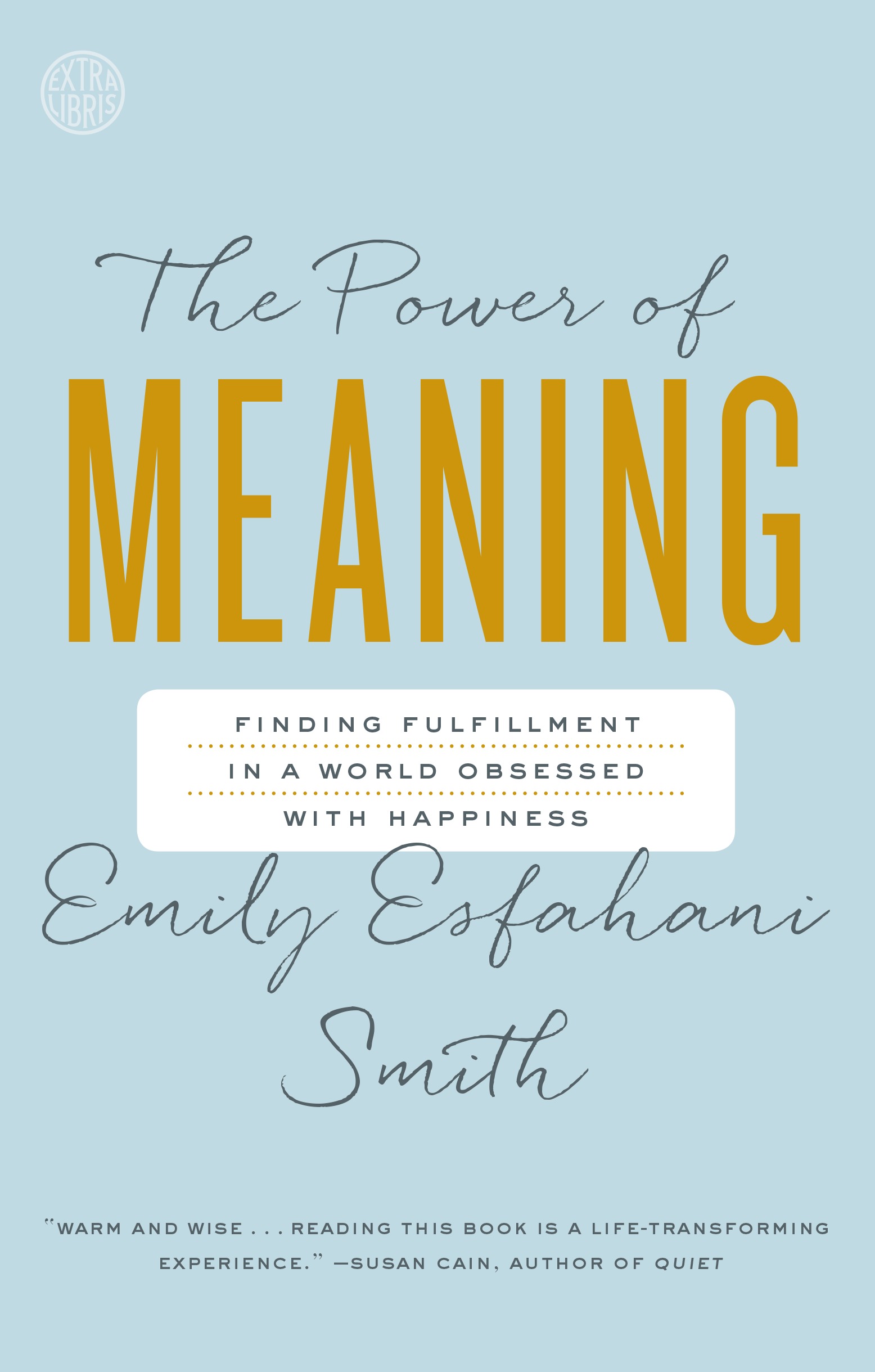
Hi.
Welcome to my blog. I document my adventures in travel, style, and food. Hope you have a nice stay!


Welcome to my blog. I document my adventures in travel, style, and food. Hope you have a nice stay!
When I was a child, my parents ran a Sufi meetinghouse out of our home in Montreal. Sufism is the mystical practice of Islam, and Sufis practice loving kindness and service to all. Growing up surrounded by people whose lives were so rich with meaning left its mark. As I grew older, I was driven to examine meaning in philosophy and psychology and write about it for publications like the New York Times and The Atlantic. I was surprised by how strongly those ideas resonated with readers hungry to find meaning in their own lives.
Despite our culture’s obsession with happiness, we are more weighed down by despair than ever; suicide rates in the US recently hit a thirty-year high and depression has been trending upward for decades. This growing despair is very often a problem of meaning. To be psychologically and spiritually healthy, we need to believe that our lives matter. We all need to discover ways to feel connected to something larger than ourselves—to feel that our lives make sense and that we have a purpose.
I wanted to know what exactly a meaningful life consists of, so I started poring through old and new social science findings on meaning. I also turned to thinkers and novelists—among them Aristotle, Virginia Woolf, Viktor Frankl, the Buddha—and interviewed all kinds of people—from a former drug dealer to a zookeeper to an astronaut—about their search for meaning and where their sources of meaning lie. In the end, four themes came up again and again, which inspired me to create the four pillars: Belonging, Purpose, Storytelling, and Transcendence.
When you live a meaningful life, the effects cascade into other areas of your life. People leading meaningful lives have better cardiovascular health, are less likely to suffer from cognitive impairments, and their brains respond to adversity better. If they work, they are more engaged and productive. If they’re students, they get better grades and are more empathetic. Beyond these benefits to the self, if you’re living a meaningful life, you’re also more likely to make a positive impact on those around you.
There’s a myth in our culture that the search for meaning is some esoteric pursuit—that you have to travel to a distant monastery or page through dusty volumes to figure out life’s great secret. Actually, that’s not true. There are untapped sources of meaning all around us—right here, right now. We can find belonging in a brief connection with a barista or a newspaper vendor. We can find purpose by helping a colleague at work or our children with their assignments. We can reflect on a pivotal experience from our life to understand more deeply who we are. We can look up at a starry night sky and feel awe and transcendence. We need to bring meaning down to earth, and that’s what I do in my book.